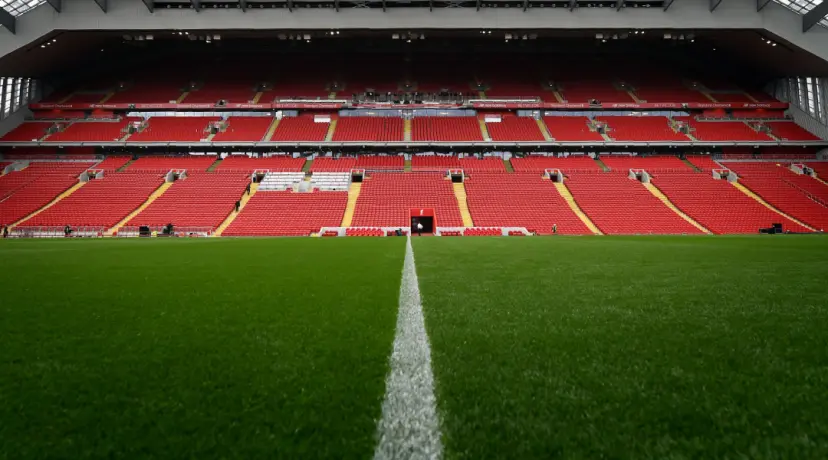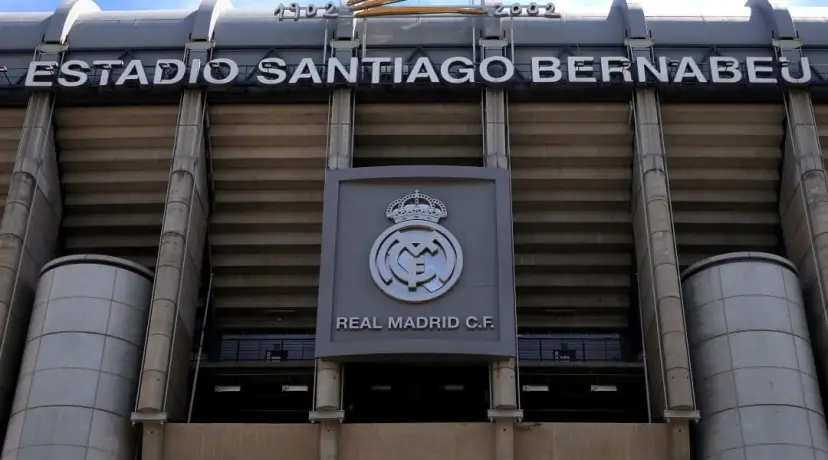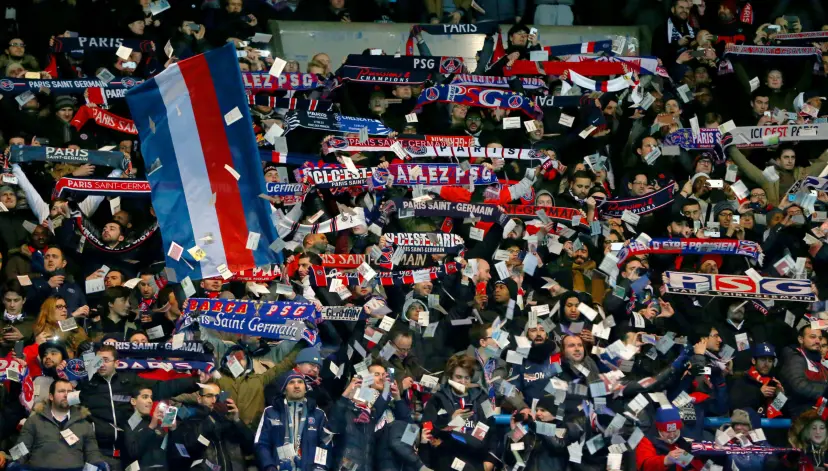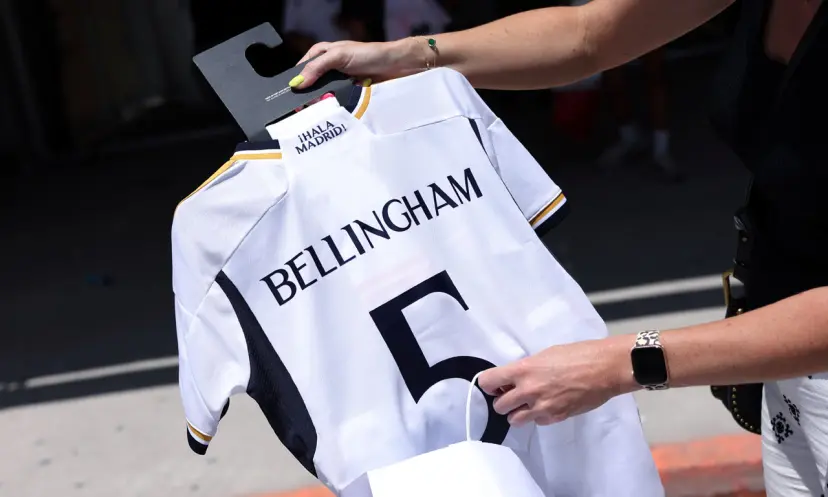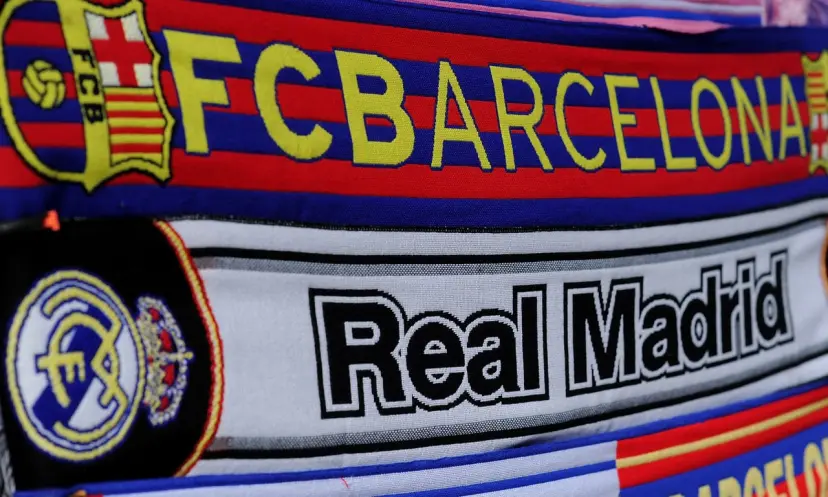What has gone wrong at Barcelona?
Published:
Analysis of the problems at Camp Nou
The business end of the Champions League will get under way in February but there is one glaring absentee from the last 16.
Not since 2003-04 have Barcelona missed out on the knockout stage of Europe’s premier club competition, which they have won five times.
Once the undoubted greatest team in the world, the failure to get out of their Champions League group was the latest humiliation so here we assess what has gone wrong at Barcelona.
Brain drain
Barcelona’s fortunes improved drastically when Joan Laporta was elected president in 2003 but it was the men behind the scenes who transformed the club.
Ferran Soriano was responsible for improving their finances and it was his sponsorship deals, most notably with the Qatari Foundation, that helped secure big-name signings such as Ronaldinho.
Txiki Begiristain was the sporting director and responsible for an overhaul of the squad. As a player he was one of Johan Cruyff’s first signings and became close friends with Pep Guardiola, who was six years younger.
It was Cruyff who recommended Begiristain for the role of sporting director and his knowledge of Cruyff’s playing philosophy made him the ideal choice to oversee their business in the transfer market.
Begiristain was responsible for Guardiola being appointed coach of Barcelona B when the time was right to move into coaching.
When Frank Rijkaard was sacked as head coach, Begiristain’s faith in Guardiola resulted in him being named as the Dutchman’s successor.
The rest, as they say, is history.
What followed was the most successful period Barcelona have ever enjoyed and they became the team all the rest aspired to be, not just for their results but also their playing style.
Nothing lasts forever, though, and Laporta’s tenure as club president ending resulted in Soriano resigning from Barcelona in 2008 while Begiristain left in 2010.
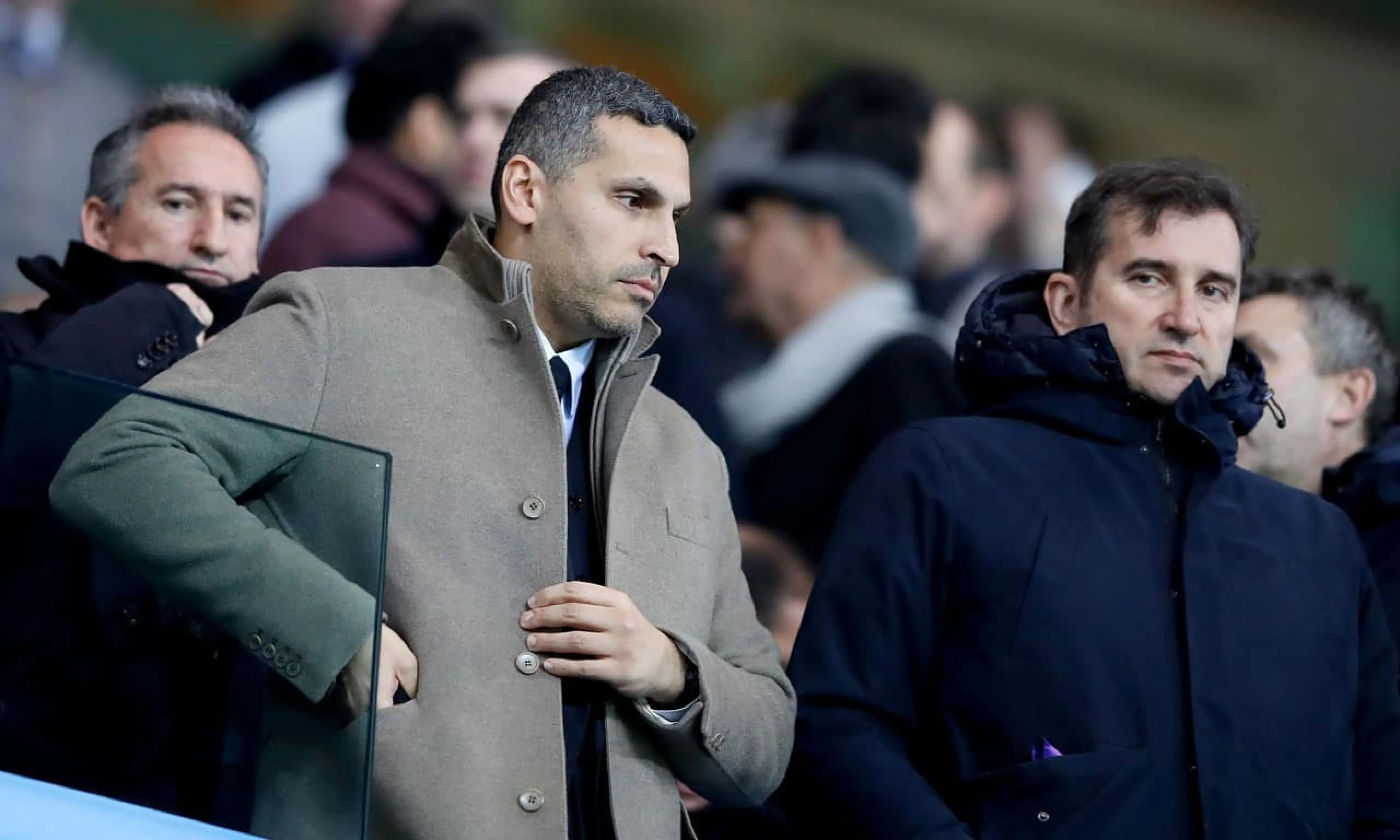
Manchester City, now with wealthy owners in charge, spotted the opportunity to try and reproduce Barcelona’s success and Soriano and Begiristain both moved to City in 2012.
When Guardiola agreed to join City in 2016, having already left Barca for Bayern Munich, the clean sweep was complete.
The three men most responsible for Barca’s upturn in fortunes were now reunited in the Premier League and Barcelona have never been the same since.
Pulling power of Paris
It is not just Manchester City that have had the wealth and desire to attract Barcelona’s brightest talents.
While City focused on the brains off the pitch, Paris Saint-Germain had the financial clout to pinch their prize assets on it.
The biggest coup, in a financial sense at least, came in 2017 when PSG signed Neymar from Barcelona for £198million – a fee which is still the world record.
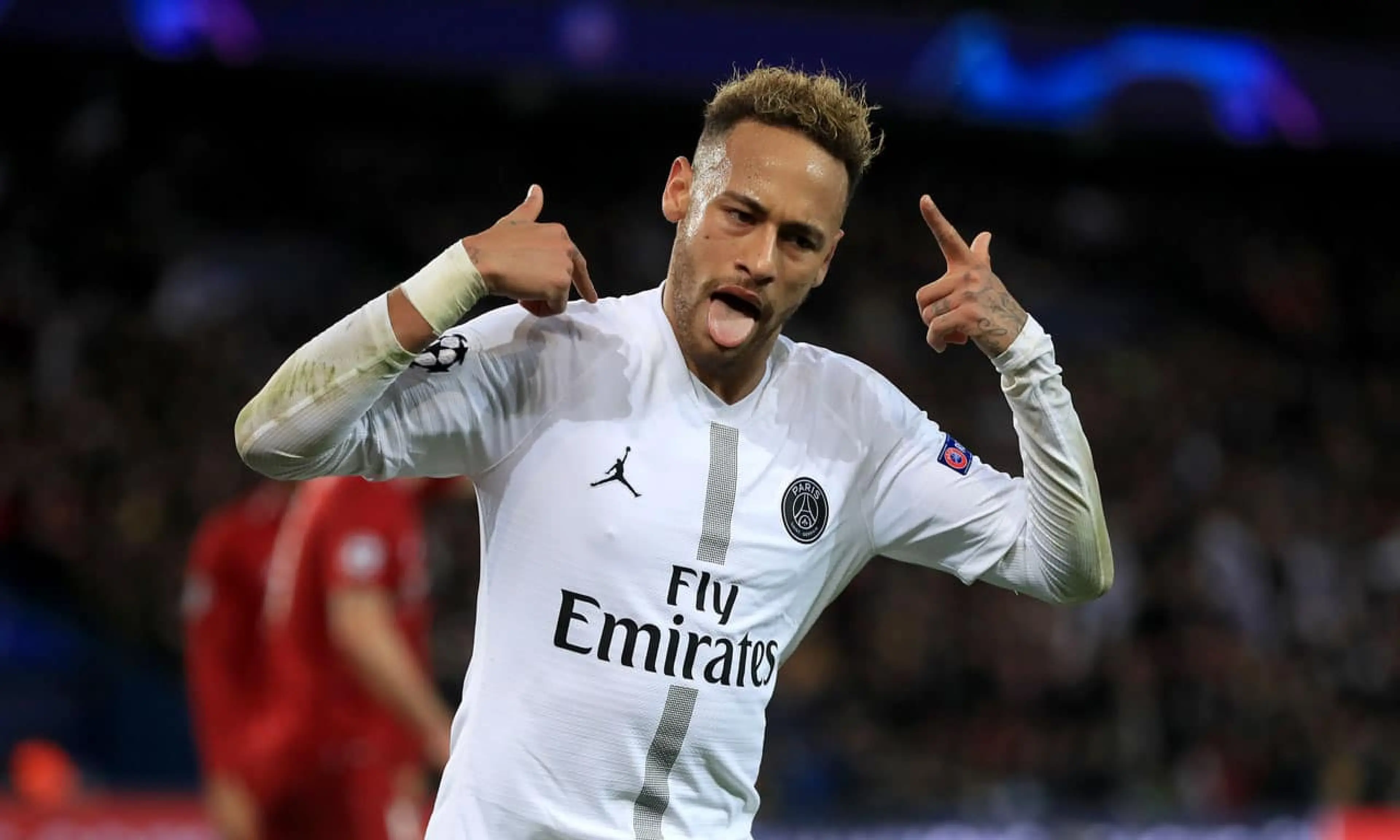
As part of the famous ‘MSN’ forward line which also featured Lionel Messi and Luis Suarez, Neymar helped Barcelona win the treble of Champions League, La Liga and Copa del Rey in the 2014-15 season, with those three scoring 122 goals between them.
The trio got even better the following season, scoring 131 goals as Barca again won the domestic double, but the club were left powerless when PSG activated Neymar’s release clause.
In the modern football world where some clubs are backed by oil-rich gulf states, money talks more than ever.
When Barcelona’s financial problems meant they could not afford to keep Messi last summer, a move to the French capital was the predictable outcome.
No more Messi magic
Barcelona’s decline started before this season but it was perhaps inevitable things would get worse when Messi was gone.
Even if Barca had the finances to keep the Argentine superstar at the club, he is heading towards the end of his playing career at the age of 34.
Debate rages over whether Messi is the greatest player of all time but there can be little doubt that replacing him is an impossible job.
His 672 goals in 778 appearances since his debut in 2004 was the most by a player for one club while he is comfortably La Liga’s record goalscorer and is also second all-time in the Champions League.
Last season’s 30 goals won him an eighth Pichichi trophy, awarded to La Liga’s top scorer, while he has led the Champions League goal charts six times including 2014-15 when he shared the honour with Cristiano Ronaldo and Neymar.
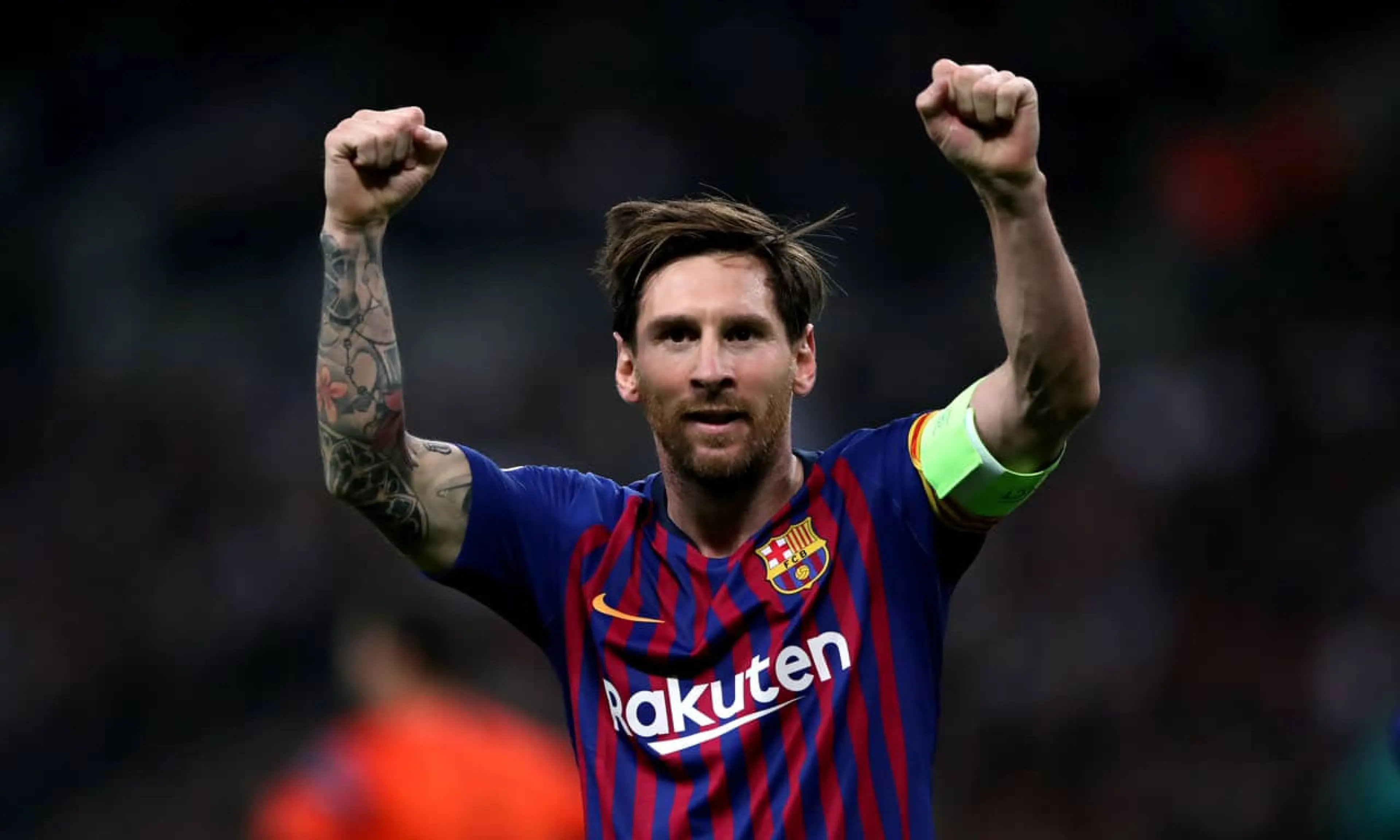
Messi’s 2011-12 season, when he scored 73 times in 60 games for Barca in all competitions including a league half-century, remains an astonishing high watermark.
He passed 50 in all club competitions on five other occasions, with four more campaigns in the 40s and over 30 in every season since 2008-09.
Messi also won 34 major trophies with Barca, when including domestic and European super cups and the Club World Cup in that definition.
Barca won La Liga in 10 of his 17 seasons in the first team, with seven Copa del Rey triumphs – including last season – and four domestic doubles along the way.
While it is Cruyff who has a statue outside Camp Nou, it is Messi who is the greatest player in their history and no new signing could have filled his boots.
Identity loss
Many different clubs have dominated European football at various times but arguably none did it with as much style as Barcelona.
While their philosophy is often referred to as ‘tiki-taka’, Guardiola has dismissed that notion as “passing for the sake of it”.
Instead it was the ‘Juego de Posicion’ philosophy which was at the core of all Barcelona’s work on the training ground, from the first team down to the famous La Masia academy.
The 4-3-3 formation introduced by Cruyff was ingrained in every player at all levels and meant youngsters could step up to the senior team with the knowledge of how they should play.
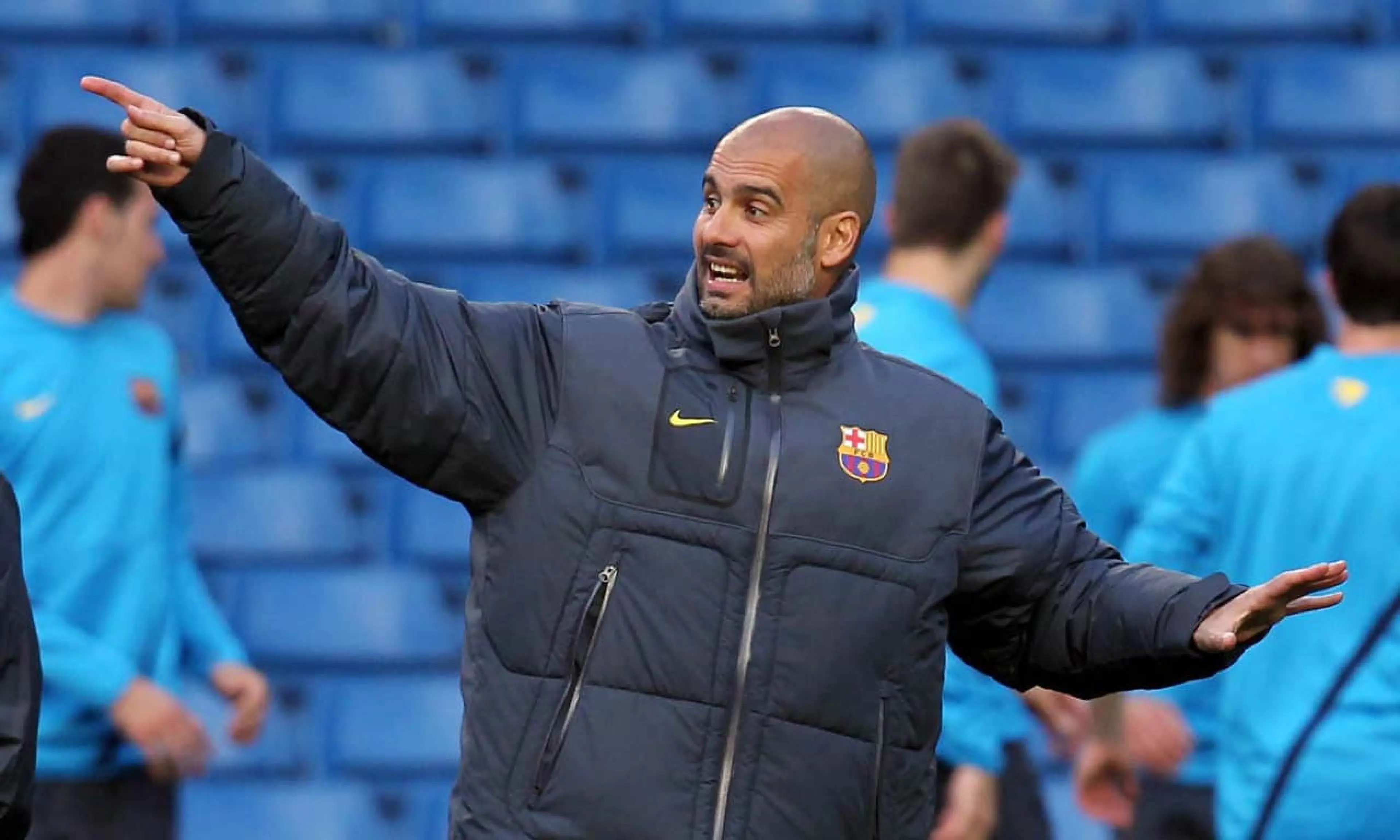
It meant there was much less risk for the first-team coach to put his faith in youngsters rather than spend huge sums on bringing in players with no experience or knowledge of the Barcelona way.
It also required bravery from the coach and the board of directors to back the untried youngsters and there is a sense that bravery has been lacking in recent times, which has played a part in what has gone wrong at Barcelona.
Instead of trusting the model which had made them so successful, there has been a greater focus on signing star players from elsewhere and a move away from the formation which was a hallmark of Barca’s golden years.
Even Ronald Koeman, who was a Barcelona player, moved away from the club’s philosophy during his time as coach and it ended with the sack in October after Barca’s worst start to a season since 1987-88.
Ropey recruitment
One of the key differences between Manchester City and Barcelona these days is their success in the transfer market.
While Guardiola has a clear idea of which players will meet his requirements, Barca’s strategy has had much less purpose and their transfer activity in recent years makes dismal reading.
In 2015, their summer business saw them bring in Arda Turan and Aleix Vidal but the pair made just 66 starts between them before being moved on.
Their recruitment in 2016-17 was little better so the club felt they had no choice but to spend even more the following season.
That was when they signed their biggest flop of all with the £142m capture of Philippe Coutinho from Liverpool, making him the third-most expensive signing of all time.
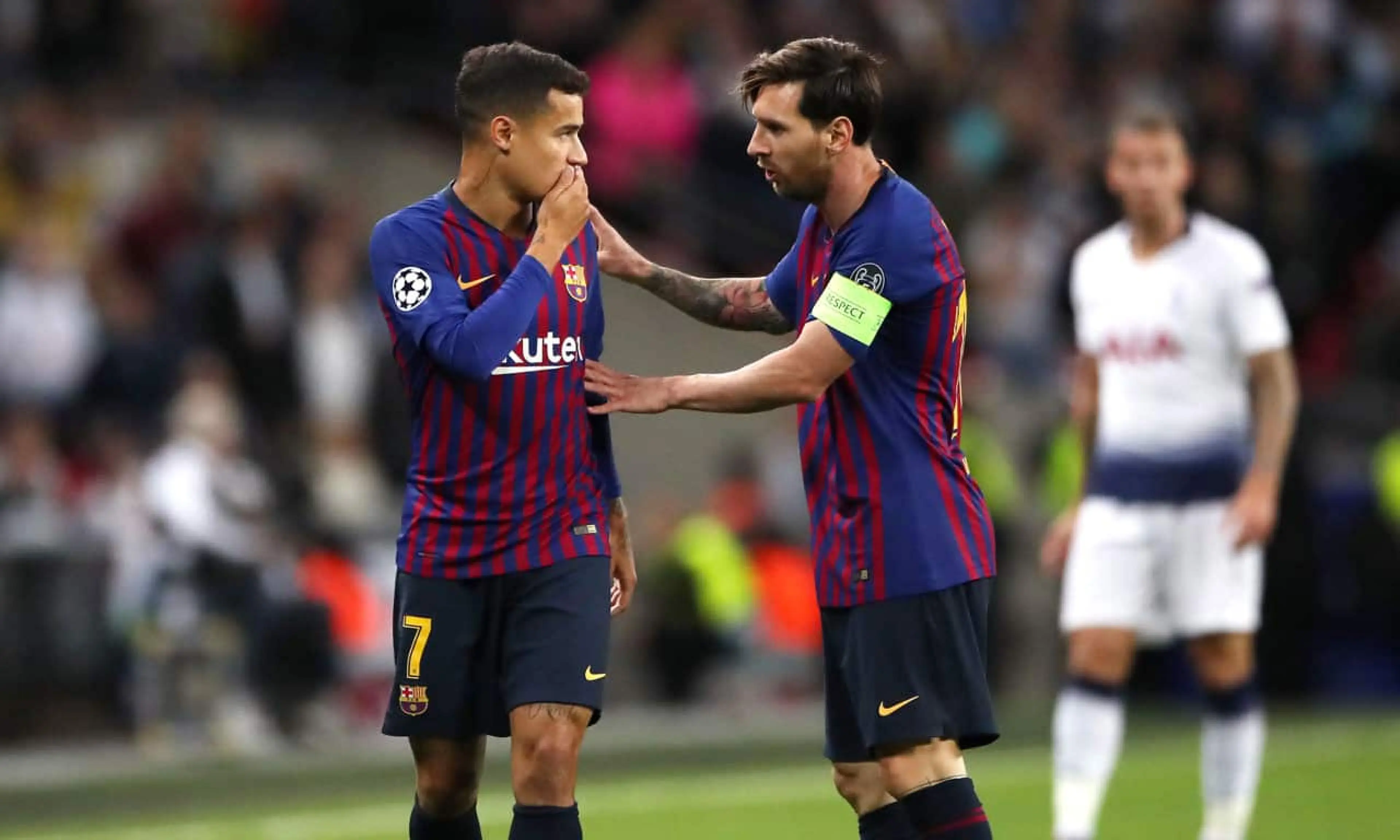
With Neymar leaving for PSG a few months earlier and Andres Iniesta also set to depart, Coutinho was brought in to try and fill the void but was not suitable for either role especially in a team where Messi was the main man.
He was eventually loaned out to Bayern Munich but failed to earn a permanent deal with the German champions and is now back at Barca, where a long-term knee injury added to his problems.
With new coach Xavi also seemingly reluctant to pick Coutinho, his time at the club could be up in January or next summer at the latest.
Ousmane Dembele was signed for £100m in the same season and has fared little better while the likes of Malcom, Arturo Vidal, Antoine Griezmann and Frenkie de Jong can be added to the list of players that have failed to reproduce their best form after arriving at Barcelona in recent years.
Cash crisis
Barcelona’s success was built on a golden generation of youngsters coming through the club’s youth system at the same time.
That freed up money to be spent on big signings but as the team became more successful, their wage demands increased.
Keeping Messi at the club became ever more draining and every pay rise he received meant other key players wanted more too.
With an increasing wage bill and the failures in the transfer market as previously discussed, Barcelona were soon running out of money and the Covid-19 pandemic was the final straw.
Over one billion euros was spent on transfers between 2014 and 2019 but the team was no better for it; in fact it had got worse.
As their debts spiralled, Barca needed to offload their big earners. Suarez went to Atletico Madrid and scored 21 goals, helping Diego Simeone’s men win the title.
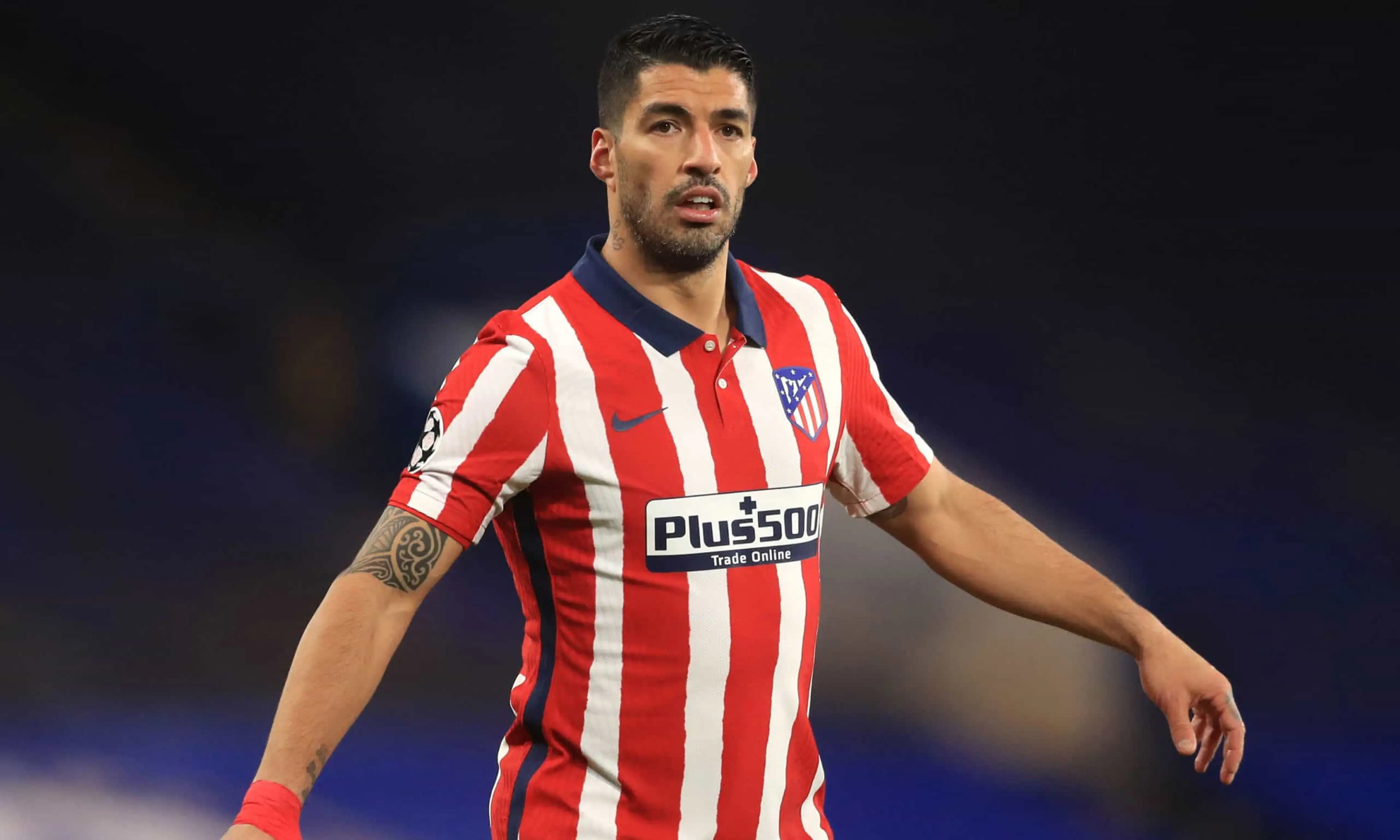
Barcelona finished outside the top two for the first time since 2008 and had replaced Suarez with former Middlesbrough flop Martin Braithwaite.
Things went from bad to worse at the start of this season when the Spanish authorities finally began to crack down on Barcelona’s financial problems.
Messi’s offer to halve his salary was not enough to keep him at the club and he left for PSG in tears, with Barcelona needing to shop around for free agents and even then they had problems registering any new signings.
Sergio Aguero was brought in from Manchester City but injuries and health problems limited him to five appearances and just two starts before announcing his retirement.
Put simply, Barcelona are no longer feeding at the top table of European football and are instead looking for scraps.
Their problems resulted in them needing to beat Bayern Munich to reach the last 16 of the Champions League but that was never likely to happen with the quality of the current team.
A 3-0 defeat later and Barca were consigned to the Europa League where, having drawn Napoli, they could face more misery when the competition resumes.
Dark clouds but a silver lining
Barcelona have no hope of matching Manchester City and PSG anytime soon in terms of finances.
In fact, the failure to get the European Super League off the ground means any club not in the Premier League is at a disadvantage due to the television revenue enjoyed by English clubs.
Barcelona’s financial problems mean going back to basics is the only way forward and it could prove a blessing.
Xavi has returned to the club, this time as coach, and has little choice but to put his faith in the youngsters.
🗣 Xavi: "We are working hard" pic.twitter.com/TQswALtuRI
— FC Barcelona (@FCBarcelona) December 14, 2021
It may take time but bringing through the next generation of La Masia graduates is now the best hope. Television pundit and former Barcelona striker Gary Lineker certainly thinks so.
“It’s very early for Xavi, the squad he has is nothing near as strong as Barcelona have had in the last decade or so,” he told LaLiga TV’s Viva LaLiga programme. “It’s a tough time for them.
“It is the kids that are stepping up. The fact they have these kids does offer a light at the end of the tunnel. There’s a lot of talent there.”
Whether those youngsters can get close to replicating the success of previous generations remains to be seen but things may have to get worse for Barcelona before they get better.

